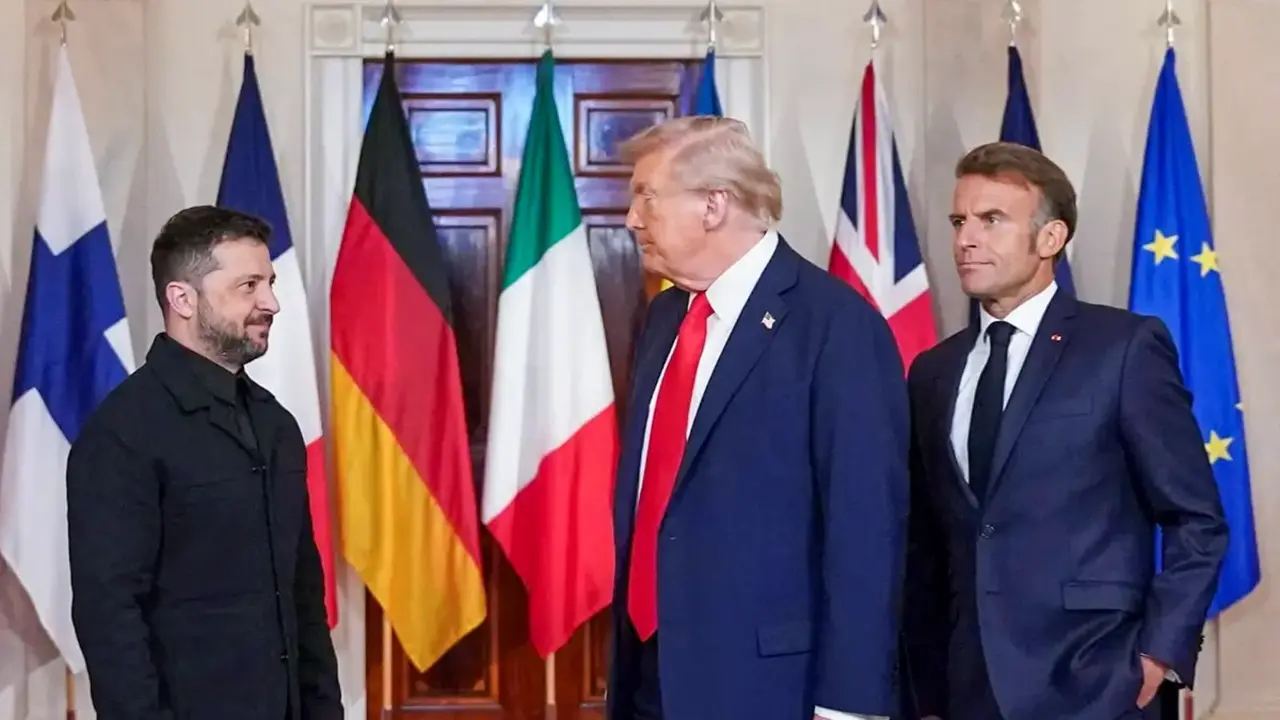The USA cancels the arms embargo on Cyprus and increases the tension with Turkey

The tensions in the eastern Mediterranean add a new protagonist. The United States has entered the conflict by announcing the decision to partially cancel the arms embargo on Cyprus, in force since 1987. This announcement did not sit well with Ankara and defined it as a "completely wrong decision". "This decision is to encourage the illegal demands of the Greek Cypriot administration," wrote the ruling party's spokesman in a tweet.
Relations between Washington and Ankara are not at their best and the lifting of the arms embargo has only made the situation worse. The US Secretary of State, Mike Pompeo, announced that Washington would lift the 33-year embargo on Cyprus and that it would work to strengthen its cooperation with Nicosia.
"Cyprus is an important partner in the Eastern Mediterranean ... We will lift restrictions on the sale of non-lethal defence equipment and services to the Republic of Cyprus in the next fiscal year," Pompeo added on Twitter.

In a statement, the Turkish Foreign Ministry reacted by warning that Washington's decision "poisons the stability in the region" and the efforts to reach a "solution to the question of (the division of) Cyprus".
Cypriot President Nikos Anastasiades tweeted that he appreciated the measure after a phone call with Pompeo.
In his response, Ankara criticised the US decision to lift the arms embargo on Cyprus and said it would "increase the risk of a confrontation in the region".
On Wednesday, Turkish Vice-President Fouad Oktay described the US decision in a tweet as "a repetition of the mistakes Europe made on the island".
On Tuesday, Turkey announced that it was prolonging the activity of the prospecting ship Oruç Reis, from its expedition through the area in conflict with Greece, and the latter assured that it would not allow further interference from Ankara in its exclusive economic zone (EEZ). Recep Tayyip Erdogan's government is keeping its finger on the pulse of Greece and of international and European warnings calling for a halt to illegal exploration activities.

Brussels has supported the position of Athens and Nicosia, has called on both countries several times to sit down and negotiate, while sanctions against Ankara have already been discussed.
Since the Greek Cypriot coup d'état in 1974, the island has been divided between the Turkish part in the north of the country and the Greek part in the south. Ankara, which does not recognise the Republic of Cyprus, a member of the EU, is the only country to recognise the Turkish Republic of Northern Cyprus.








